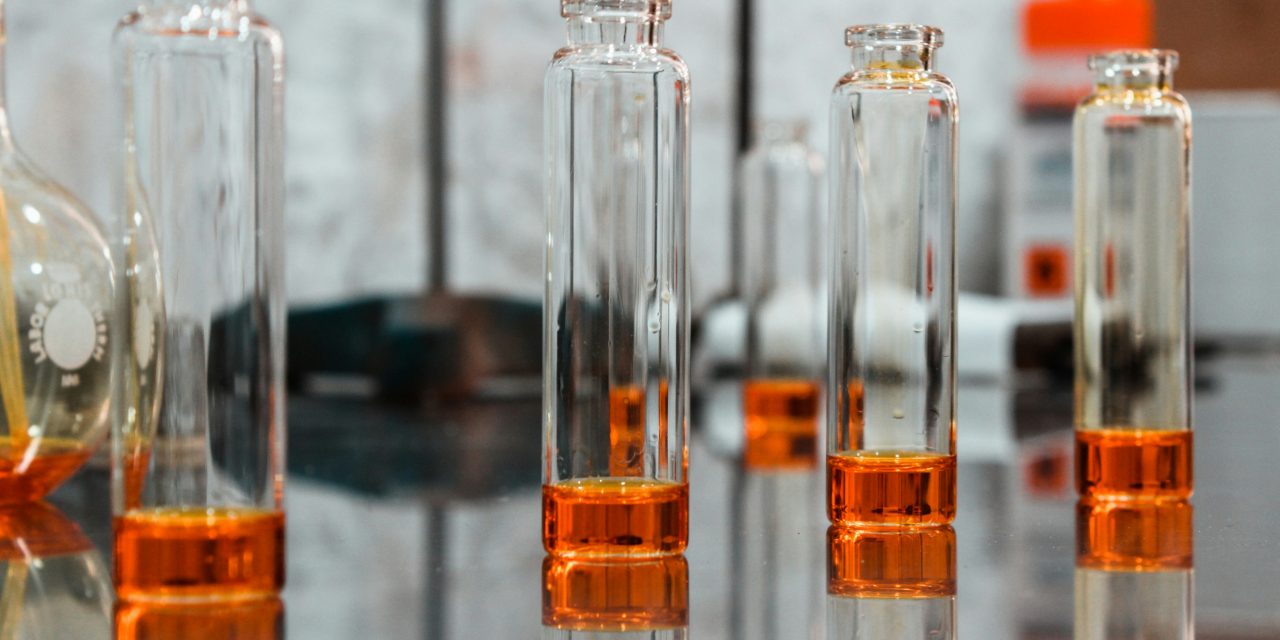For chemistry students, balancing academics and lab work in college can be a real challenge. Both aspects are essential for mastering the subject, but they require different skills and time management strategies. While lectures and coursework help students build foundational knowledge, lab work offers practical, hands-on experience that deepens their understanding of key concepts. Here are some tips for students and educators to help manage this balancing act effectively.
1. Prioritize Time Management
Time management is crucial for balancing academics and lab work. Encourage students to create a weekly schedule that includes specific blocks of time for studying, attending lectures, and completing lab assignments. By setting aside dedicated time for each activity, students can avoid last-minute cramming or rushed lab reports. Planning ahead ensures that neither aspect of their education is neglected.
2. Stay Organized
Lab work often involves multiple steps, detailed reports, and careful documentation of results. Keeping track of all these elements can be overwhelming without proper organization. Suggest that students use notebooks, lab journals, or digital tools to record their experiments and results. In addition to helping with lab work, staying organized also translates to better performance in academic studies, where clear notes and structured outlines lead to more effective learning.
3. Use Resources Wisely
Students should make full use of available academic resources, such as textbooks, online tutorials, and educational platforms. While Key2CHEM doesn’t provide lab practices, it offers a wealth of interactive lessons and resources for reinforcing academic chemistry concepts. This can help students spend less time struggling with theory, allowing them to focus more on applying their knowledge in the lab.
4. Seek Help When Needed
When students are overwhelmed with balancing lectures, labs, and coursework, they shouldn’t hesitate to ask for help. Whether it’s clarifying concepts with a professor, seeking tutoring, or using platforms like Key2CHEM for extra practice and guidance, reaching out for support can save time and improve understanding. In addition, collaborating with peers can make it easier to manage lab work, especially when tasks involve group experiments or projects.
5. Connect Theory with Practice
One of the biggest advantages of lab work is that it helps students connect theoretical knowledge with practical application. However, this can only happen effectively when students have a solid understanding of the concepts taught in class. By mastering academic content first, students will be better equipped to apply that knowledge in the lab. Encourage students to review their notes before a lab session to ensure they’re ready to engage with the experiment at hand.
6. Don’t Neglect Rest
Burnout is common among college students, especially those balancing demanding academic and lab schedules. Remind students that rest is essential for maintaining focus and productivity. Ensuring adequate sleep and taking breaks during study sessions can help them stay energized and avoid mistakes in both academic assignments and lab work.
7. Reflect and Improve
Encourage students to take time to reflect on their performance, both in academics and in the lab. After completing a lab experiment, they should consider what went well, what didn’t, and how they can improve next time. The same approach can be applied to academic studies—reviewing test results and assignments can highlight areas for improvement, ensuring better results in the future. Platforms like Key2CHEM provide real-time feedback and resources to reinforce learning, helping students track their progress and adjust their study habits.
Balancing academic studies and lab work requires good time management, organization, and the effective use of resources. By developing these skills, chemistry students can excel in both areas, making the most of their college experience. With platforms like Key2CHEM offering support in academics, students can stay on top of their studies and enter the lab better prepared to put their knowledge into practice.

